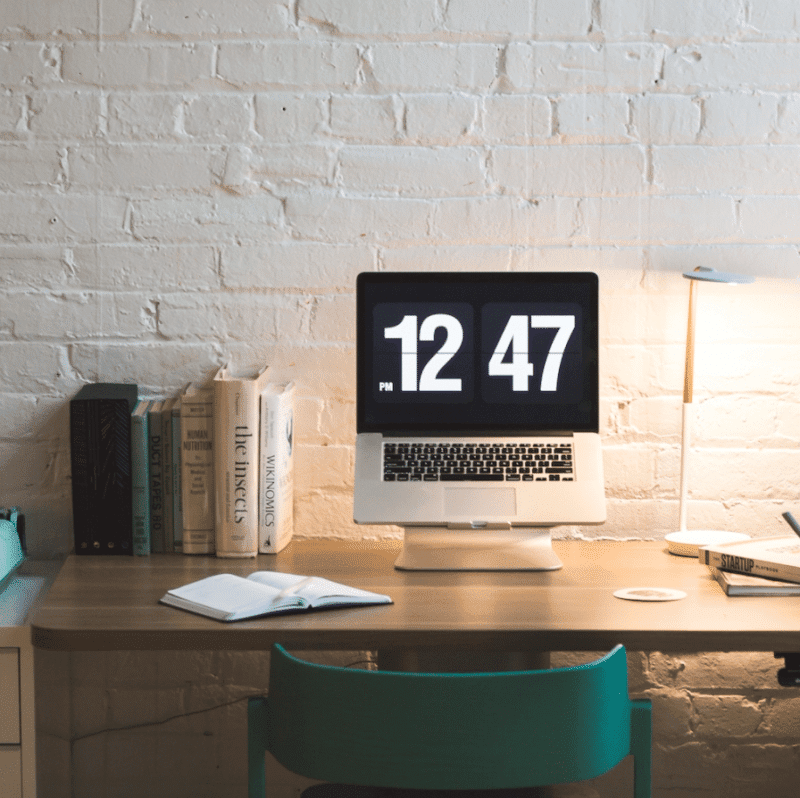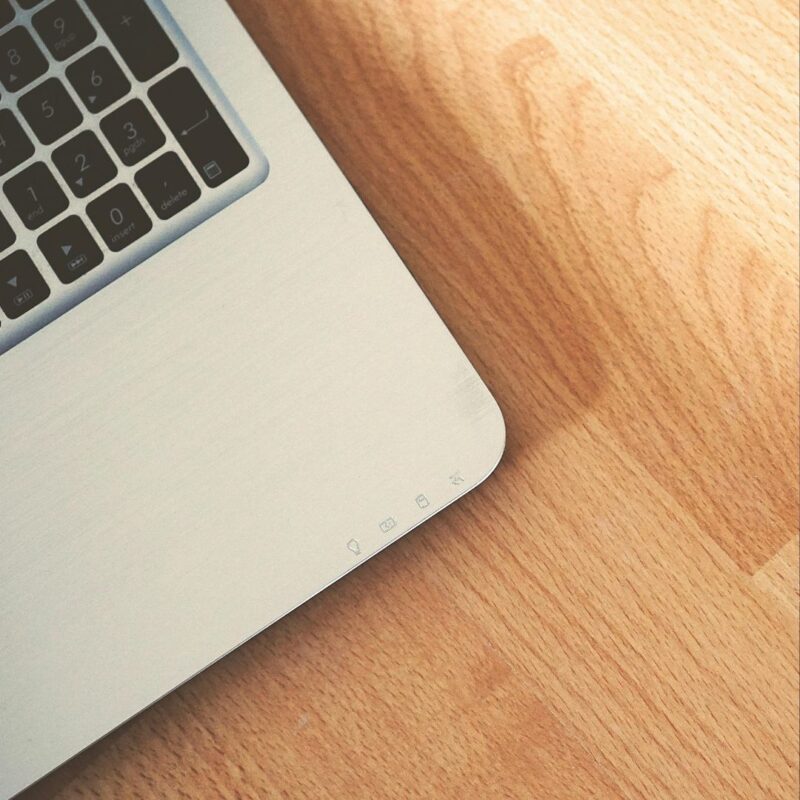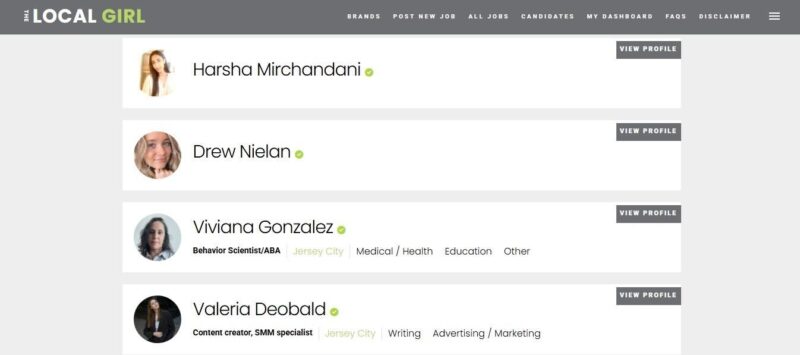In this age of digital work and online learning, do you find yourself constantly saying, “I’m tired?” Like, even more than you normally would on a day when you actually commuted, worked nine to five, and then came home and cooked dinner? If you thought that WFH during the coronavirus pandemic would increase your energy levels, no such luck.
In fact, a recent deep-dive by National Geographic found that working over Zoom is scientifically more exhausting than working IRL. It’s called “Zoom fatigue,” and it’s real. Read on to learn all about Zoom fatigue and how to combat it.

About Zoom Fatigue
Zoom fatigue is the subsequent fatigue that comes as a result of interacting exclusively online. Essentially, as most of us have transitioned to working and learning digitally during the coronavirus pandemic, “burnout” has found new ways to creep upon us.
Of course, it applies to all kinds of remote work that utilizes video calls, as the “condition” is not app-specific. Apparently, interacting virtually might be more taxing on the brain than interacting physically. In fact, science seems to back it up.
“There’s a lot of research that shows we actually really struggle with this,” Andrew Franklin, an assistant professor of cyberpsychology at Virginia’s Norfolk State University, told National Geographic.
Read More: Montclair Bellevue Avenue Library + Newark Public Library Reopen
Why Zoom Fatigue Exists
And here’s why: We don’t just communicate when we are talking. We continue to communicate as we listen, exhibit certain postures, body language, and facial expressions. In short, non-verbal cues. But, if we’re communicating through a small digital square on a screen, the relevance of most of those non-verbal cues goes out the window.
As a result, you might find yourself attempting to show lots of emotion in the little bit of your body that is showing: your face. This could mean lots of big facial expressions, lots of smiling, head-shaking, raising of the eyebrows, etc. While this may not seem like a big deal, it’s hard physical labor, after all — it can actually be quite draining for mental health and your overall psyche.
“For somebody who’s really dependent on those non-verbal cues, it can be a big drain not to have them,” Franklin added.
Not only are you not receiving the usual non-verbal cues you get out of a vis-à-vis conversation, but you’re also overcompensating your facial expressions and reactions in an effort to more “effectively” communicate. These kinds of conversations can be draining because a. they lack “emotional intimacy,” b. they shift the focus to solely words, and c. result in prolonged eye contact.
According to a study published in Scientific American, eye contact for a prolonged amount of time can have the opposite effect of fostering connection. In fact, it can feel “threatening or overly intimate” if it goes on for too long. Since these virtual meetings are most likely being had with co-workers, bosses, and teachers, you can see why prolonged eye contact could get weird… and quickly.
How 24/7 Tech Affects Us
Let’s also not forget that we’re likely spending more time on our computers and phones than we normally would. This may apply more to children because in school they’re not sitting in front of a laptop 24/7 to learn. However, if you’re working from home via the internet, you, too, might find yourself staring into a screen more than you normally do.
This can cause adverse effects. The blue light that emits from digital screens — also known as blue wavelength light — has been studied in depth with most experts finding blue light to have a significant effect on people’s alertness and cognitive function. (Blue light has also been found to accelerate aging and shorten your lifespan — yikes!)
Exposure to blue light could mess with your internal clock that tells your body when to realize melatonin (the hormone that helps you sleep) versus serotonin (the hormone that tells your body to go to sleep). This can cause you to fall asleep at weird times or conversely, have trouble going to sleep. According to Nature.com, prolonged exposure to blue light can also result in damage to your eyes, “impaired locomotion,” and ultimately, the neurodegeneration of your brain.
How to Combat Zoom Fatigue

Luckily, it’s not all bad news. As long as you understand that your normal work routine and sleeping schedule have been disrupted, there are actionable things you can do to get your health and energy levels back in order.
We consulted Colette Heimowitz, VP Nutrition Communication & Education at Atkins, for ways to combat any kind of fatigue, but also the fatigue that comes with daily video calls. Heimowitz’s number one tip for restoring your sleep schedule in the age of coronavirus WFH is to keep your sleep cycle in check.
“Eat the following foods to help you sleep more soundly. Cherries are a great source of tryptophan and melatonin, both of which aid in sleep,” Heimowitz told us. “Leafy greens are rich in calcium and many other important micronutrients. Oranges contain B-vitamins and calcium and are able to increase melatonin presence.”
See More: A Guide to Montclair’s Best Coffee Shops
Heimowitz continues, “Dairy products contain both tryptophan and calcium” — both of which can help you catch some much-needed ZZZ’s. Heimowitz also recommends eating turkey, one of the richest sources of tryptophan.
Aside from eating foods to help re-adjust your sleeping patterns, Heimowitz recommends sticking to a routine as much as possible.
“Consistency and your routine are key – by now, we’ve all established our ‘new normal’ and should stick to it,” she says. “Try to get between seven and nine hours of sleep a night, and set a bedtime that you are consistent with. With all of the negative news out there, it’s so important to limit your screen time at least two hours before bed.”
Exercise is also key to warding off Zoom-induced exhaustion. “Get moving throughout the day,” Heimowitz advises. “Along with stress relief, getting that workout in will help you fall asleep faster and enjoy a deeper sleep.”
Still can’t get your sleep right? Sip on chamomile tea before bed every night to signify to your body that it’s time to snooze.










